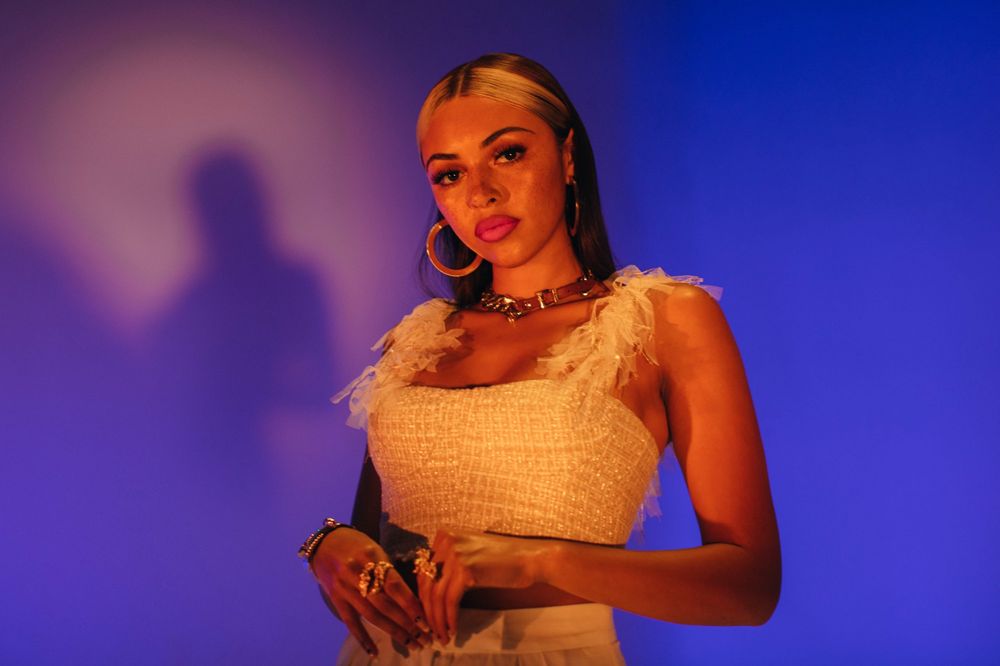As I’ve matured, traveled the world, and learned about racism, I’ve had the opportunity to find comfort in my identity as a mixed-race person. But it hasn’t always been easy figuring out my place in a world defined by so much hate.
My mother is French-Canadian; my dad is of Cameroonian and Native American descent. Growing up in a majority White community in Massachusetts had its challenges and led to a whole lot of confusion.
I went to a private Christian school until eighth grade, then a small high school where my sister and I were the only children of color. My classmates often looked at me to be the voice for all Black people, which was overwhelming; so much of their opinions of Black people were grounded in tropes of poverty and crime. Some who didn’t even know me would expect me to fit into a stereotypical mold of Blackness. I didn’t fit into my peers’ expectations of whiteness, either. So I questioned everything I was and everything I knew.
After high school, I decided to commit myself to loving and understanding myself. Every day since, I’ve worked to discover my true self — accepting myself as a human, nothing more, nothing less.
It’s been invaluable for me, especially today as we reach levels of racial tension that haven’t captured America’s awareness since the Civil Rights Movement.
I’ve always felt that being mixed — being on “both sides” — has been a point of privilege for me. It’s frustrating at times, but it’s helped me realize that the root of much of our hate and pain comes from us not being conditioned to care about and love each other, genuinely, as human beings.
I see this in my daily life all the time, and I am fortunate enough to have the opportunity to navigate these situations without letting them cause me so much harm.
One of the first places I went for work was Atlanta. That trip opened my eyes to the harm I could feel on both sides as a mixed-race person. I remember feeling so angry and sad when a group of Black women stared at me with contempt and disgust as I walked through the airport. But then I realized I needed to look deeper.
The more I continue to learn, the more I realize we are all hurting.
I started thinking about colorism and classism to understand why these ladies looked at my lighter skin with so much anger, and learned that this all has historical ties in America, from slavery to the civil rights movement to today. It’s clear that darker-skinned people have been deprived love and care in this country throughout history, which makes me so sad. But that racism was also extended to light-skinned women, like myself, who were sometimes handed around like toys and property because they were viewed as more appealing. The more I continue to learn, the more I realize we are all hurting.
That’s why I’m such a big believer in the power of love and rooting our world in our collective humanity. And I know there’s work to be done outside of just loving each other to address systemic issues, but at its core, it’s what’s most important.
I’m going to play my part by using my talents and blessings. I try to use my music as a vehicle for people to think through their experiences with love in their everyday lives; love has affected my life and relationships with people so powerfully. Harnessing that power is so much of our purpose on Earth, too. We are all created out of love and created to love — so why not fulfill our destinies?
As told to Adam Mahoney
